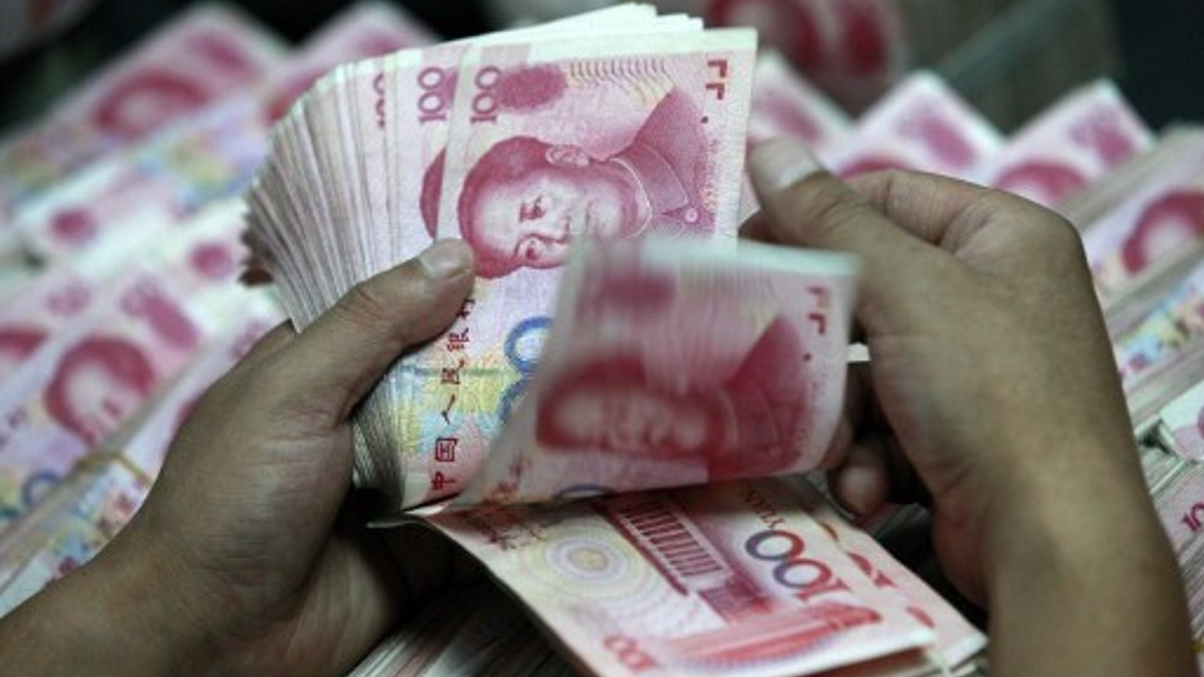China capital curbs likely to remain in 2020: Asifma
Despite wide-ranging reforms, trade body Asifma foresees China maintaining a range of inflow and outflow restrictions in 2020, especially for large direct investment deals.

Even if China continues to liberalise its capital account, a raft of restrictions will remain in place in 2020, says the Asia Securities Industry and Financial Markets Association (Asifma).
Sign in to read on!
Registered users get 2 free articles in 30 days.
Subscribers have full unlimited access to AsianInvestor
Not signed up? New users get 2 free articles per month, plus a 7-day unlimited free trial.
¬ Haymarket Media Limited. All rights reserved.


